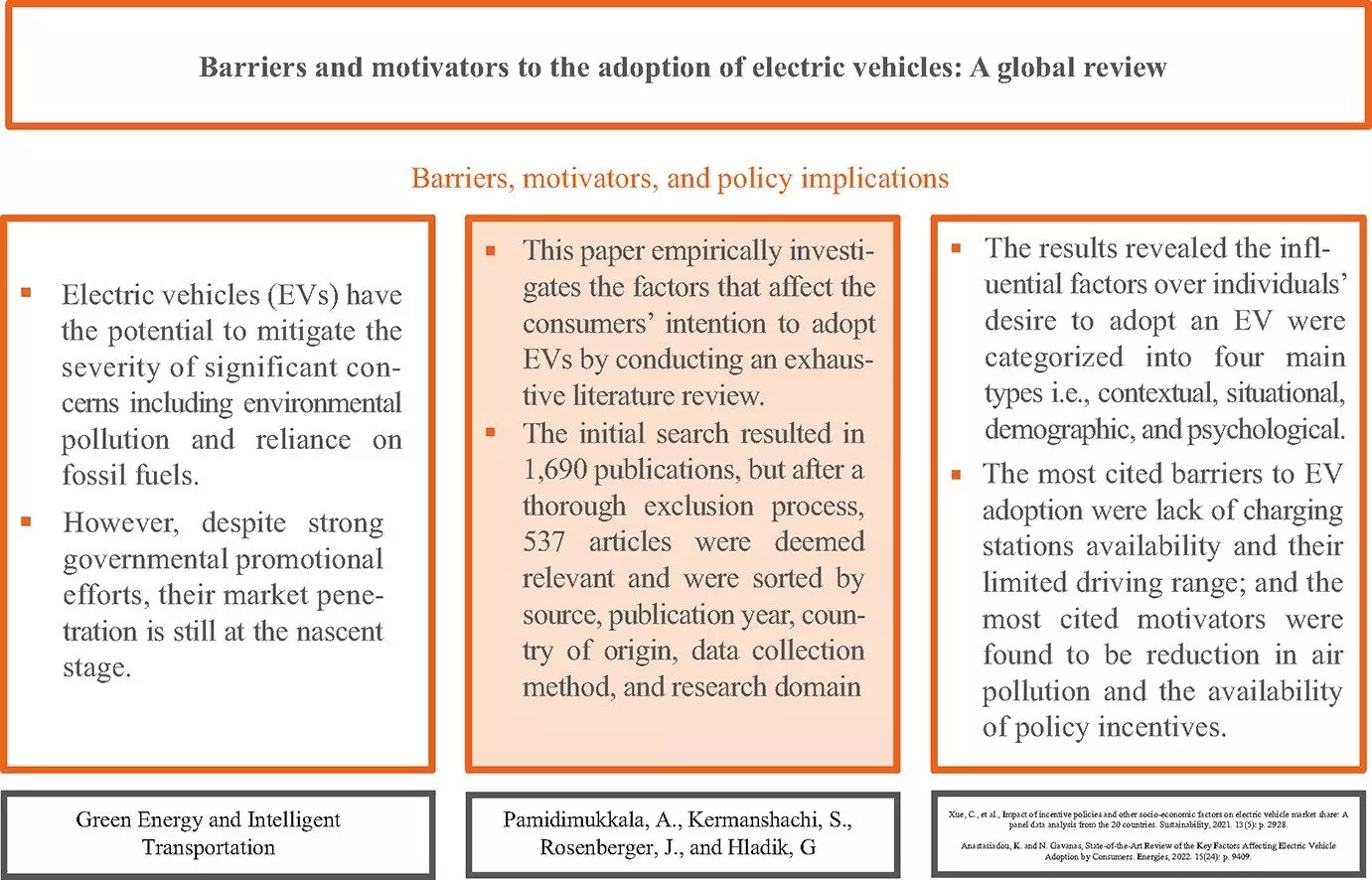In today’s fast-paced world, the automotive industry is undergoing a major transformation with the rise of electric vehicles (EVs). These vehicles have become the frontrunners in the global movement towards sustainability, offering a clean and efficient alternative to traditional gasoline-powered cars. The allure of EVs lies in their potential to address critical environmental issues such as air pollution and the overreliance on fossil fuels, making them an attractive option for environmentally conscious consumers.
Despite the numerous benefits of electric vehicles, there are still significant barriers that hinder their widespread adoption. One of the primary challenges is the high cost of EVs, which often makes them inaccessible to the average consumer. Moreover, concerns about the availability of charging infrastructure and the limited driving range of EVs also contribute to consumer hesitancy. The lack of charging stations and the lengthy charging times required for EV batteries further impede their adoption, highlighting the nascent stage of the EV market.
A recent study synthesized data from over 500 articles to identify key factors influencing consumer intentions towards adopting electric vehicles. The study categorized these factors into four main groups: contextual, situational, demographic, and psychological. Situational factors, such as the availability of charging infrastructure and cost savings from using an EV, play a significant role in shaping consumer attitudes. On the other hand, psychological factors like environmental consciousness and the appeal of advanced technology also influence consumer decisions.
Governments and policymakers play a crucial role in promoting the adoption of electric vehicles through strategic interventions. Incentives such as tax rebates, subsidies for EV purchases, and investments in charging infrastructure can help address practical barriers and make EVs more accessible to consumers. Educational campaigns highlighting the long-term benefits of electric vehicles are also essential in shifting public perception and creating a more robust market for EVs.
The study revealed a demographic trend where younger and middle-aged consumers, particularly males with higher educational levels and incomes, are more inclined towards purchasing electric vehicles. This demographic group holds the key to driving future market trends in the EV industry and could play a pivotal role in the broader adoption of electric mobility. Understanding the preferences and behaviors of different consumer segments is essential for crafting effective strategies to promote EV adoption.
The road to widespread adoption of electric vehicles is not without challenges, but the potential environmental and economic benefits make it a journey worth pursuing. By addressing the complex web of motivators and barriers highlighted in the study, stakeholders can work towards accelerating the adoption of electric vehicles globally. With continued technological advancements and strategic policy interventions, EVs have the power to revolutionize the automotive landscape, paving the way for a more sustainable and efficient future. As the world embraces greener technologies, understanding consumer preferences and driving factors will be crucial in shaping the future of transportation.


Leave a Reply